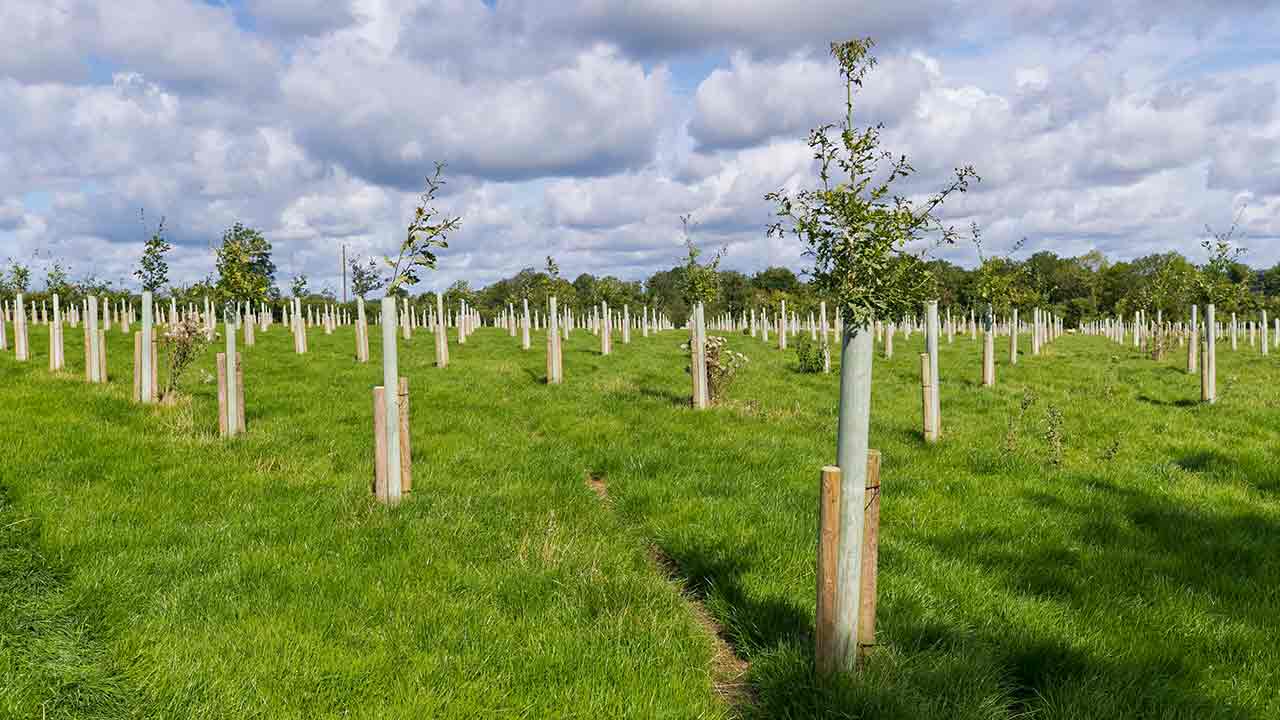Europe UK (Commonwealth Union) – The significance of forests in preserving the environment and combating climate change has long been recognized. The need to preserve forest spaces has often been highlighted by environmentalists with increasing deforestation across the world due to industrialization and human encroachment into forest land.
A new study has found that British forests could store roughly double the amount of carbon than indicated from prior calculations, impacting our knowledge of carbon stocks and the response from humanity to climate change.
A group of researchers from across the globe applied a novel 3D scanning method and analysis in evaluating the amount of aboveground biomass, which was utilized to derive carbon storage of 815 trees in a British woodland. The team found that their results were 77 percent greater than prior estimates.
The authors have suggested that their work may impact the role of forests in combating climate change, with possible underestimations of forest carbon stocks that will have positive and negative consequences for climate policy.
Study co-author Professor Mat Disney from the University College London, Geography and the National Centre for Earth Observation says “Forests currently act as a carbon sink in the UK. However, whilst our finding that the carbon storage capacity of typical UK woodland could be nearly double what we previously thought might seem like a purely positive outcome, in practice this means that for every ha of woodland lost, we’re potentially losing almost twice the carbon sink capacity we thought.
Professor Disney further indicated that it will significant implications in our knowledge on the advantages of preserving trees in regards to climate mitigation – and deforestation and afforestation targets further.
Britain like many other nations in recent years has backed many reforestation efforts with funding for seeds and others, further highlighting its significance.
Study lead author Professor Kim Calders of Ghent University says “Currently, most estimates of forest carbon stocks are based on simple allometric models that assume that a tree’s size and mass increase at a steady rate. Our findings show that relying on these models is problematic, as they are not representative of UK forests.”








